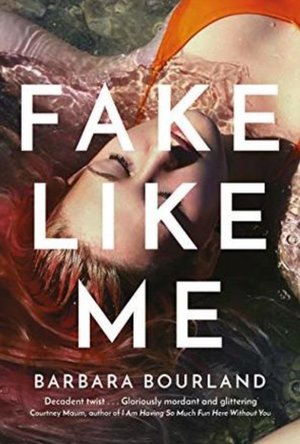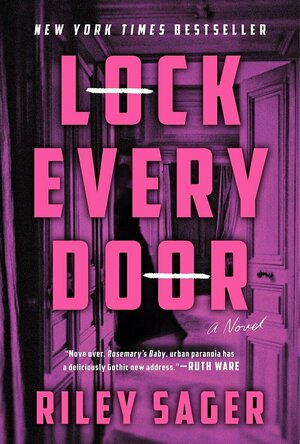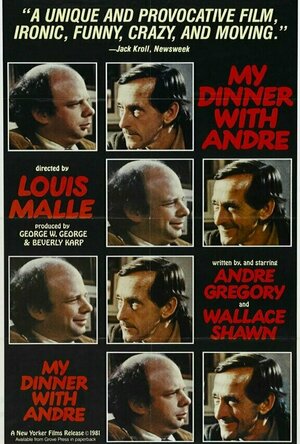
Toca Life: School
Education and Entertainment
App
Grab your backpack— it’s time for Toca Life: School! Teach a class, pick a locker and have a...
ClareR (6067 KP) rated Fake Like Me in Books
Jul 19, 2019 (Updated Jul 19, 2019)
I loved how the narrator was so passionate about her work; there are loads of descriptions of paints, colours, methods and textures. If like me, you know nothing about art, never fear! This is all about the mystery of what happened to Carey Logan. It’s also about loyalty, doing the things that you love and the sacrifices you will make to reach these ends. All of the artists in this story are passionate about their work. We also see that a lot of these people are already very privileged, and this is likely the reason why they are able to achieve so much in their careers - unlike the main protagonist who seems to have to fight and work really hard for everything she does.
I’d definitely recommend this book - I didn’t see the twist coming at all (I know that some people did), but maybe that’s because I enjoyed the journey of the story so much. Either way, it’s a really good read.
Many thanks to NetGalley and the publisher for my copy of this book.

Marktjagd Prospekte & Angebote
Catalogs and Shopping
App
The Marktjagd Prospekte & Angebote shopping app provides the latest leaflets, catalogs and brochures...
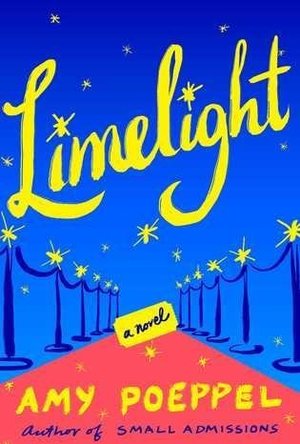
Limelight
Book
In a smart and funny new novel by the author of the critically acclaimed, “big-hearted,...
women's fiction fiction
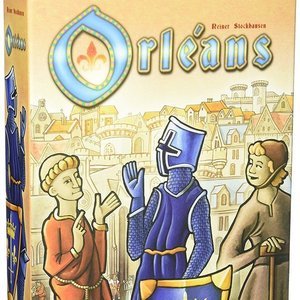
Orléans
Tabletop Game
During the medieval goings-on around Orléans, you must assemble a following of farmers, merchants,...
BoardGames
Whatchareadin (174 KP) rated Lock Every Door in Books
Aug 5, 2019
Thank you to NetGalley & Dutton books for the opportunity to read and review this book.
I was so excited to get this book from NetGalley. Last year I read both of Riley Sager's books and I was looking forward to this one. It did not disappoint. I was on the edge of my seat the entire time and I definitely didn't see the ending coming.
If I was a single young woman and was given the opportunity to live in an exclusive apartment and get paid for it, I would jump on that in a heartbeat. I don't think I would care about rules or anything, just tell me where to sign and let me sit back and collect the cash.
Another reason Jules is so quick to accept this opportunity is because her favorite book is set in the building. I think many readers would love to live in the place where their favorite book is set if they don't already. And Jules needs a little fantasy in her life since she has lost both parents and her sister. At first The Bartholomew seems like a dream place to live. With a courteous doorman, friendly neighbors and a doctor as one of the residents, it's idyllic. But when Ingrid goes missing, Jules starts to question everything. The explanation she receives for the sudden departure doesn't sound right and the police aren't willing to help because she doesn't know enough about Ingrid to form a case.
What is she going to do? Will she discover the secrets of the building before it's too late?
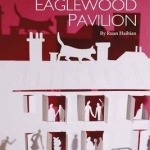
Eaglewood Pavilion
Book
The two stories in this collection of Chinese stories are related to the life of people living in...

Bridge Constructor Medieval
Games
App
Bridge Constructor Medieval has been voted as one of the "Best of 2014" games in the App Store in 13...
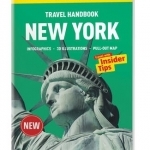
New York Marco Polo Handbook
Book
For advice you can trust, look no further than Marco Polo. The New York Marco Polo Handbook offers...
